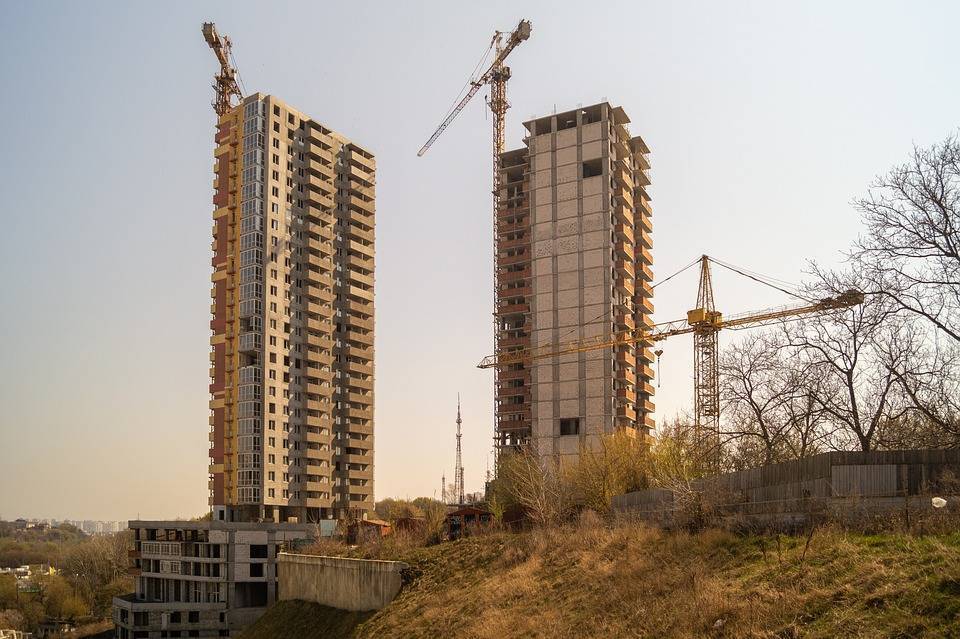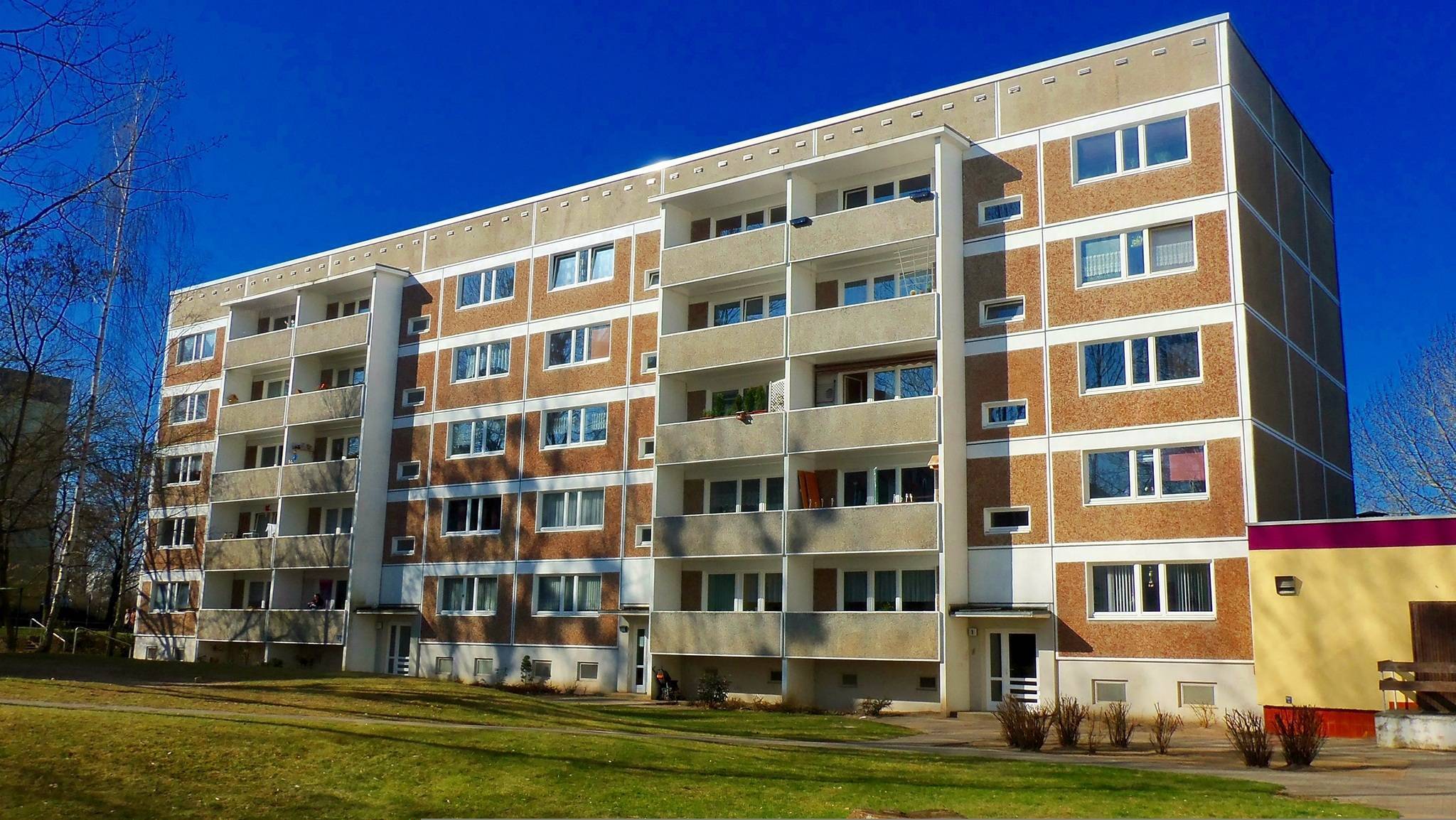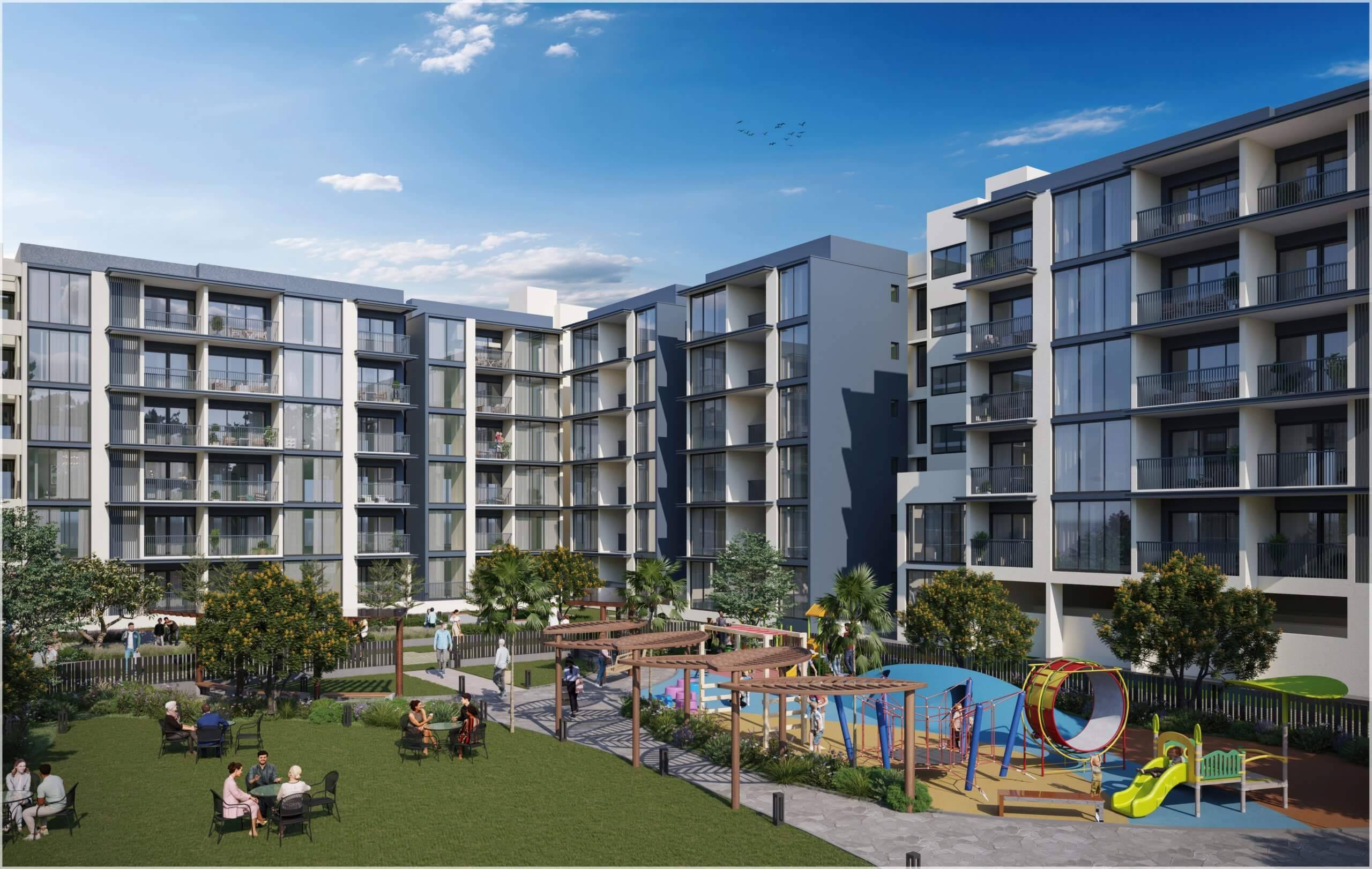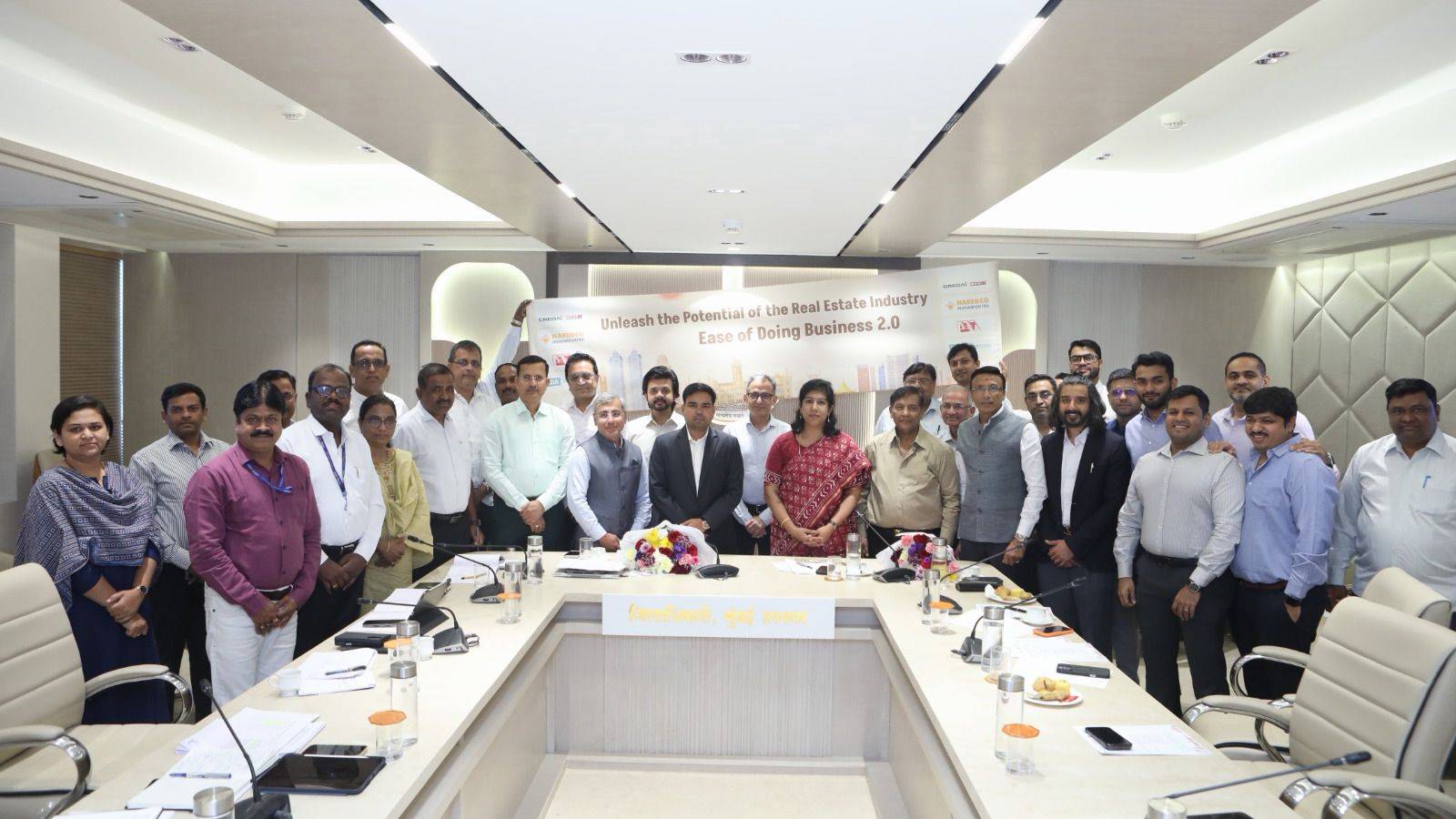Hundreds of aggrieved homebuyers staged a protest outside the office of Jaypee Infratech in Sector 128, Noida, voicing their frustration over long delays in the construction of housing units. The projects, launched over a decade ago, continue to face setbacks, even after the company was taken over by the Suraksha Group through the insolvency resolution process nearly a year ago.
The protestors, under the banner of the JIL Real Estate Allottees Welfare Society (JREAWS), breached security barricades and attempted to reach the company premises. Police were deployed to manage the situation, and eventually, a dialogue was facilitated between the protesting buyers and Suraksha Group's CEO, Abhijit Gohil.
Jaypee Infratech’s housing projects in Noida were launched between 2010 and 2011, with delivery timelines initially set for 2014–2015. However, the delays continued for years due to financial distress, and the company entered insolvency proceedings. Following this, in June 2024, the Mumbai-based Suraksha Group acquired Jaypee Infratech through a plan approved by the National Company Law Appellate Tribunal (NCLAT). As part of the approved resolution, Suraksha had committed to completing nearly 20,000 pending housing units within four years.
Despite this formal resolution, construction progress remains slow. The protest on April 10 reflects growing discontent among buyers who feel that meaningful progress is yet to begin. In a statement issued after the protest, JREAWS pointed out that the promised deployment of 12,000 labourers on the construction sites had not materialised. According to them, only about 2,000 workers are currently active across more than 150 towers, making it difficult to achieve the promised delivery timelines.
JREAWS also raised concerns about the lack of visible commitment on the part of Suraksha Group to accelerate construction. The protestors demanded greater transparency and more regular engagement from the developer to track progress. According to the association, restricted access at the company’s office gate forced them to push past the security and reach the Suraksha office premises directly. Junior staff initially attempted to manage the situation, but the buyers insisted on speaking to the CEO.
With police presence and the intervention of the Station House Officer (SHO), a meeting was eventually conducted. During the meeting, buyers outlined their concerns about the pace of work, lack of coordination, and the perceived gap between commitments and on-ground activity. Both parties agreed to reconvene on April 19 for a detailed review of the status of all under-construction towers.
It was further agreed that monthly progress review meetings would be held going forward, with JREAWS President Ashish Mohan Gupta coordinating the dialogue between the homebuyers and the company's management.
While the Suraksha Group did not issue a public statement in response to the protest, the association’s claims point to a trust deficit between the buyers and the new management. The approved resolution plan had laid out a requirement of an investment of ₹6,500–7,000 crore to complete nearly 160 residential towers. With only a fraction of the required workforce on site, buyers are concerned about the feasibility of meeting even extended timelines.
The situation underscores the larger challenges that continue to affect stuck real estate projects in India. Even after formal insolvency processes conclude, implementation of resolution plans on the ground can remain a prolonged and difficult task. For homebuyers, who have waited over a decade in many cases, patience is wearing thin.
The upcoming April 19 meeting between the homebuyers and Suraksha Group will be closely watched. Its outcome may offer a clearer picture of the real progress being made and whether the concerns of the homebuyers are being acknowledged and addressed in a structured way.









.png)